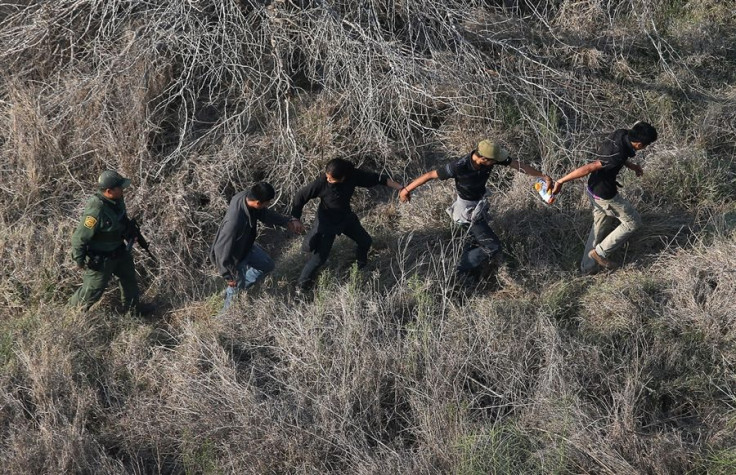
The Mexican Supreme Court, with the help of the migrant-rights organization Sin Fronteras, has issued guidelines designed to help judges who preside over cases of migrant abuse at the hands of authorities or organized crime. According to the document, the Mexican Commission on Human Rights (CNDH) says that it recorded 214 cases of mass kidnappings of migrants between April and September of 2010, with a total of 11,333 victims. It also estimates that immigration authorities in Mexico have participated in about 8.9 percent of those kidnappings.
The document acknowledges the government's obligation to "respect and guarantee" human rights for migrants, and contrasts this obligation with "the criminalization of migration beginning in the mid-80s which intensified after the September 11, 2001 terrorist attacks". It goes on to describe how criminal groups have identified the routes most migrants take through Mexico - information which they use to rob, kidnap and murder as well as force migrants to act as virtual slaves. 6 out of every 10 women bound for the United States on these routes are victims of rape. "When migrants turn to the Public Ministry in Mexico, instead of being helped, they immediately call Immigration, and they don't help them get access to justice," said Mónica Oheler, the document's author.
Oheler told Animal Politico that the guidelines were intended to acknowledge the difficulty many noncitizen migrants experience when seeking justice for crimes occurring on Mexican soil. "What the protocol basically seeks to do is put together all of the legal mechanisms, national as well as international, that might serve a legal authority whenever they have a case in which a migrant is involved," she said. "It's not an obligatory or binding document, but rather a tool a judge can use to rule according to human rights."
But she added that even if the guidelines aren't binding, "the laws and regulations that it lists are". "For now, it's an initiative just in Mexico, but we understand that other countries are interested in replicating it," she said. "It poses all of the possible situations which a judge could be presented with, as well as all of the tools which can help them resolve the case."
On Monday, immigration authorities in Mexico said they rescued 73 kidnapped migrants from a house in Reynosa, across the border from McAllen, Texas. 40 of them were from Mexico, 17 of them from Honduras, 13 from Guatemala and three from El Salvador, according to CBS News.
RELATED: Asylum Requests On Rise: Why Are Central Americans Fleeing Home?
© 2025 Latin Times. All rights reserved. Do not reproduce without permission.




